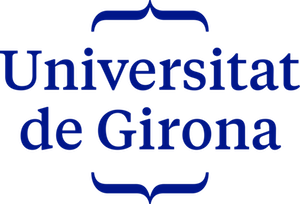Panikkar Seminar: Studium
We define the work of this seminar as a meditated study from an intercultural perspective. Study means a work of reading and intellectual and academic research. The meditative touch means to stop and make silence to leave a space for contemplation. A kind of double hermeneutics of research-study and stillness-meditation, which allows a space to the worked text so that it gives itself to us and speaks to us.
A work inspired by the method (path) of the Indian discipline that Panikkar himself points out to us: śravaṇa, manana, nidididhyāsana i samādhi, that is, the art of listening, thinking, meditating and contemplating.
For India the task of philosophizing is about a study, a listening to tradition (śravaṇa) guided by a master (guru), a critical reflection (manana), a meditation (nididhyāsana) and an absorption or unification (samādhi), which at the same time needs a yoga, a practical discipline, an asceticism.
Method that recalls our medieval Lectio Divina: Lectio: first we must read attentively, collect what the tradition offers us.
Meditatio: meditate, reflect, discriminate, discern, think with a certain depth.
Oratio: it is necessary, however, at some point to cease our activity of research and study, and from an attentive listening, to leave a space for the word itself or the text itself to speak to us.
Comtemplatio: finally, it will be in silence that the vision, the intuition, the illumination, the revealing experience of a presence of the real in which we can feel ourselves to be significant participants can be produced.
The texts that are the object of our meditative study are above all those that can give us access to the foundations of other great philosophical and wisdom traditions, and thus open us to this new and inevitable space of inter-cultural dialogue that, as Panikkar says, places us before the challenge of an obligatory intra-cultural dialogue that we need to face.
Since the 2015-2016 academic year, the space for the sharing in dialogue of the study work is the Aula Ferrater Mora of the Library of the Old Town of the UdG.








